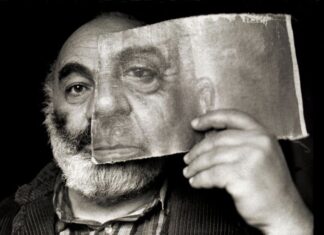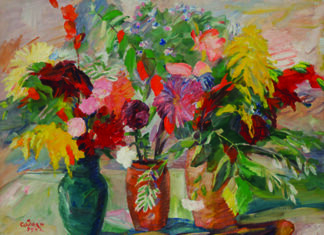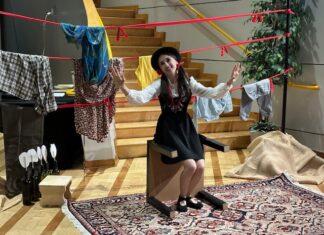By Daphne Abeel
Special to the Mirror-Spectator
HOLYOKE, Mass. — In addition to writing many books, Ervin Staub has worked in a number of situations on the problem of violence prevention.
“My work in various field settings has been guided by my academic work,” said Staub in an interview from his home. “In my formal research, I study mass killings and violence in the context of the history of the country, the place and the relationships between people. I apply my understanding to different situations, always asking how can we prevent violence.”
One of the situations where his help was requested was in Los Angeles after the widely-publicized beating of Rodney King by the Los Angeles police.
“I got a call from the LA Times asking me to analyze what happened. And then I was invited to an event organized around the Rodney King incident. I was invited to develop a training program for the police officers which involved the concept of the bystander. Police officers work in pairs. If one of them gets emotional or threatening towards a citizen, the other officer is apt to get involved to support his fellow officer.”









